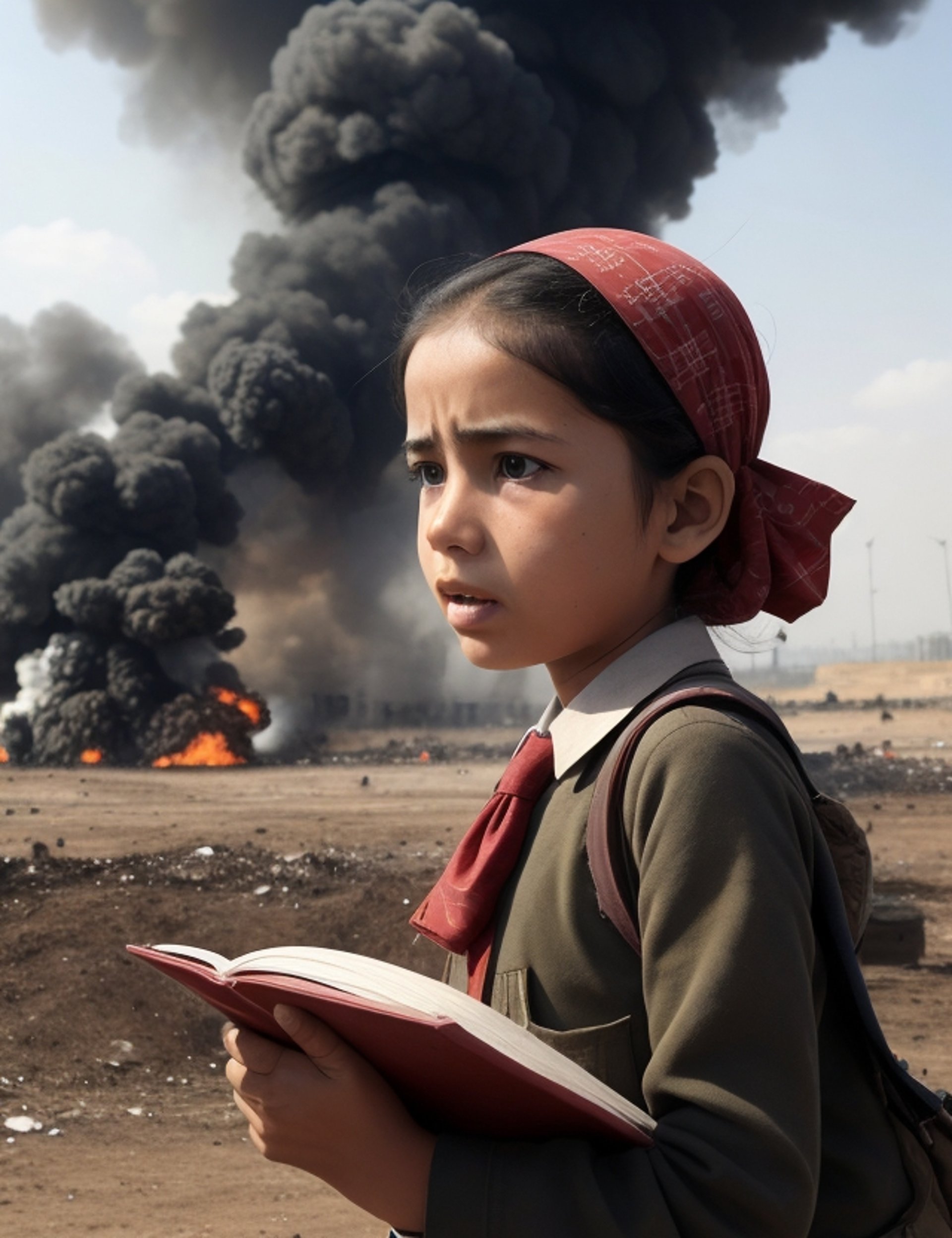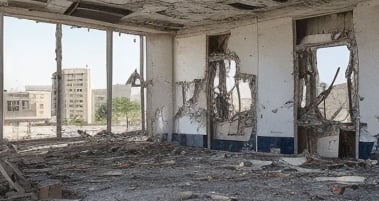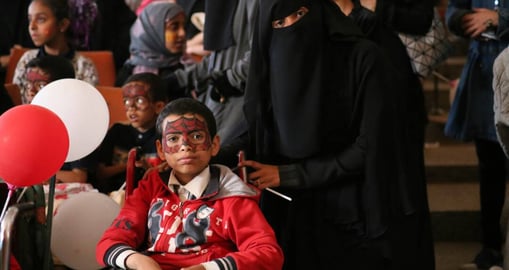
Voices of Silence: A Yemeni Educator's Journey Through War, Exile, and the Struggle for Education
NEWS
Horizon Science Communication
12/13/20233 min read
Amid Yemen's devastating conflict, the voices of its educator’s risk being lost in the chaos of war. This interview sheds light on one academic's harrowing journey from his role as a prominent university professor to a life in exile, struggling to be heard above the sounds of silence afflicting his shattered homeland.


The interviewee, a university professor and vocal critic of divisive practices, describes the harsh realities of education in Yemen. Schools, once pillars of knowledge, are now either destroyed or repurposed as shelters for those displaced by conflict. Girls, facing limited opportunities, are forced into early marriages to escape the void left by inaccessible education. The interviewee's voice echoes the collective frustration of educators witnessing the decline of education, a tragedy exacerbated by the destruction of landmarks and the displacement of families.
The professor 's story takes a dark turn when he objected to partisan slogans dividing students on campus, and reprisals followed. Stripped of his livelihood, death threats sent the educator into hiding, navigating dangerous checkpoints to flee Yemen's borders under a veil of caution and terror.


Arriving in Egypt, The ordeal continued in a new form. Isolated from family and lacking means of support, the academic-turned-refugee confronted poverty and neglect from authorities supposed to aid legitimate representatives of Yemen.


As an educator and expert in a field crucial for Yemen's economic growth, the interviewee emphasizes the missed opportunities to leverage local talent. Instead of nurturing Yemeni expertise, the authorities choose to discard it, perpetuating economic stagnation. The educator's fate mirrors that of others who seek to contribute positively accused of treason and labelled enemies for daring to critique the status quo.


His story reflects the broader tragedy of a nation caught in the crossfire of conflict, where education, peace, and human rights are sacrificed. As the world watches, the urgent question remains: How can the voices of those silenced by war and oppression be heard, and what role can education play in shaping a more hopeful future for Yemen?


As the international community observes from afar, we must ask how long we can stand by as Yemenis' dreams are shattered. For how long will dissenting minds be forced into exile or punished for free thinking? And what roles can outsiders play to ensure the rights to knowledge and self-determination that he champions?
Through sharing stories like his, others endeavour to raise global understanding beyond statistics. In our shared humanity, the people of Yemen give purpose - to spread their calls for peace that can nourish tomorrow's leaders and help rebuild what war has broken. By empowering voices now silent, may education once more become a beacon of hope for Yemen's future.


